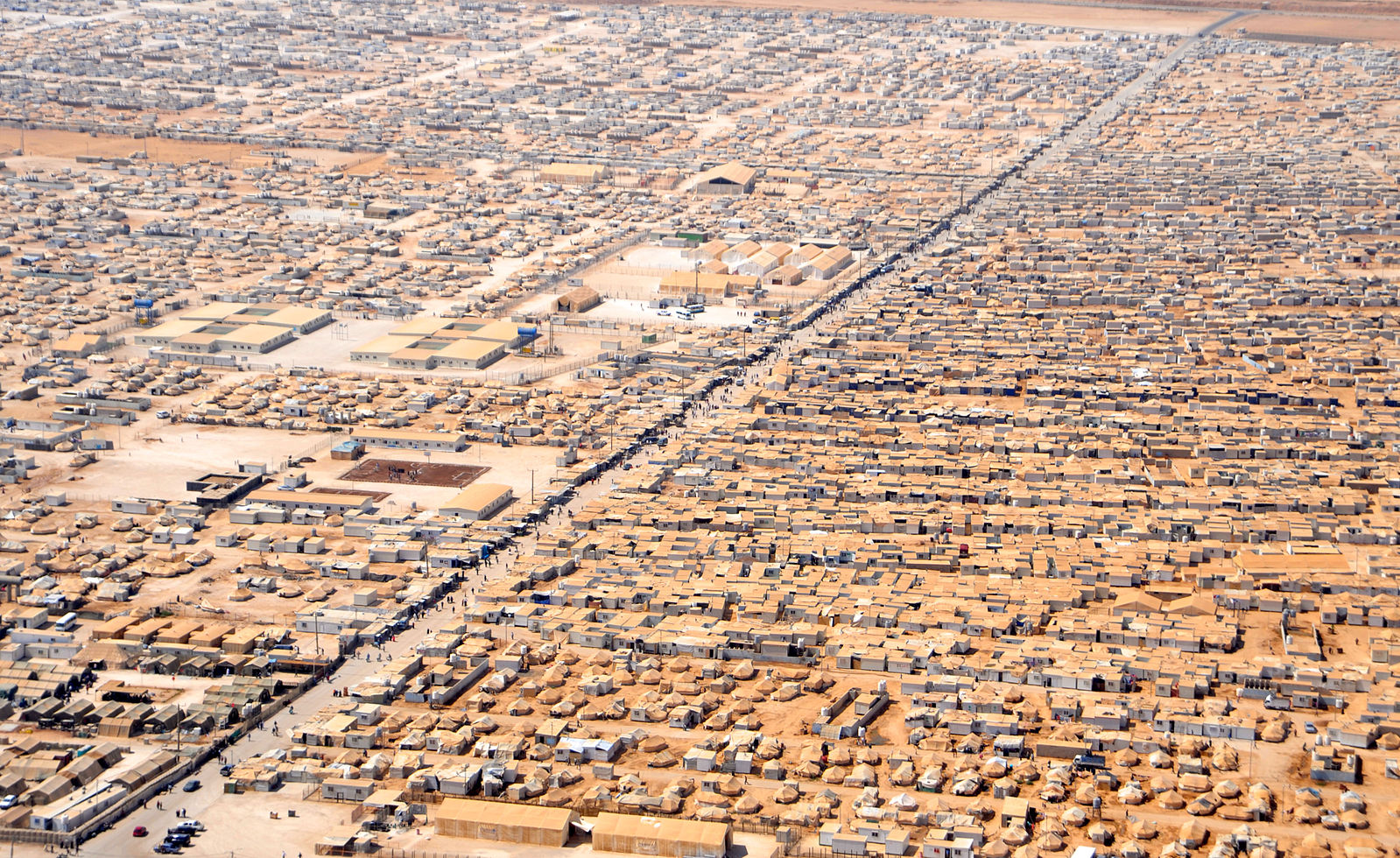
Hungarian policeman faces refugees
The ongoing Syrian Civil War has caused an overwhelming nine million Syrians to flee war and poverty. Many asylum seekers have sought refuge in Europe, or in neighbouring countries. The waves of migrants fleeing war have reportedly become the worst such crisis since World War Two.
The story of two-year-old Aylan Kurdi has garnered attention and sympathy worldwide. Like many other Syrian families, Aylan Kurdi went on a boat heading towards Europe. The overcrowded and incapable boat capsized, drowning Aylan amongst many others. “I was in the water for 20 minutes. One person after another was dying,” Aylan’s father recalls.
Between 1 January to 31 August 2015, 2643 migrants have died trying to cross the Aegean Sea from Turkey into Greece. Although most of the boats stop near the Greek Islands, Italy, or Turkey, the migrants who have made it across the sea don’t stop there. Many refugees arriving in Europe hope to go to wealthier countries, located in Western Europe. Germany, the wealthiest nation in Europe faces the “the largest share of Syrian requests for asylum in Europe.” Many refugees see Germany as one of the only places they will be “treated as humans.” As one of the most welcoming EU countries, Germany plans to take in 800,000 asylum seekers this year.
Compared to countries like Germany and Sweden, the rest of the European continent has been relatively unwilling to accept refugees. While Germany demands a “mandatory quota”, some EU members have rejected them. Spanish Prime Minister Mariano says—“Some countries don’t want refugees,” . . . “you can’t force anyone.” Romania, one of the poorest members of the EU, has also rejected the quota. “We can take a maximum of 1,785 people”, President Klaus Iohannis stated.
Germany still insists that fellow European countries take in more refugees, and they “must show flexibility”. Europe is still recovering from the effects of the recent financial crisis and the Greek debt crisis— this episode merely exacerbated the already fracturing European Union, especially over how overbearing and officious it has become.
Countries are opposed to taking in refugees because of the likely impact on the economy, or because of the fear of a high number of Muslims entering the majority Christian countries. “Slovakia will accept only non-Muslim refugees,” announced Slovakian government spokesman Ivan Netik. Hungary is building a barbed wire fence along the Serbian border to stop the flood of migrants. To these countries, Germany’s generosity is only worsening the situation. The crisis is more of a “German problem”, according to Viktor Orban, the Hungarian Prime Minister.
Hungary has been criticised by refugees and humanitarians for the fences, and for denying refugees access to trains going further west. These refugees have been forced to live in train stations for days, and with limited supplies. When they found out the Keleti train station was closed, the angry, worn out crowds cried, “Hungary, no! Germany, yes!” Sometimes after literally weeks of tired walking, refugees are left outside borders, without shelter or provisions.
The lack of documentation is a key issue, a Hungarian government spokesman tells CNN. Refugees come to borders without any identification, or documents. “That is why up until their identity is … we cannot say anything else than that they are illegal migrants.”
It has been argued that the people hoping to attain refugee status in Europe are not refugees fleeing war, but actually are economic migrants hoping to live a better life in Europe. Some Europeans fear that the rising Muslim population cannot coexist with other groups, and will live on European welfare, paid for by citizens. A significant proportion of migrants have also been found to be young men not originating from Syria but rather other countries not currently in a state of war, such as Pakistan and Afghanistan.
Meanwhile, zero refugees have been accepted in the various Gulf States. Saudi Arabia, Kuwait, Bahrain, Qatar, Oman, and the UAE have kept their borders closed. Other wealthy countries in Asia such as South Korea, Japan and Singapore have also offered zero homes for the Syrians.
Where should the Syrians go? How will Europe overcome this crisis?